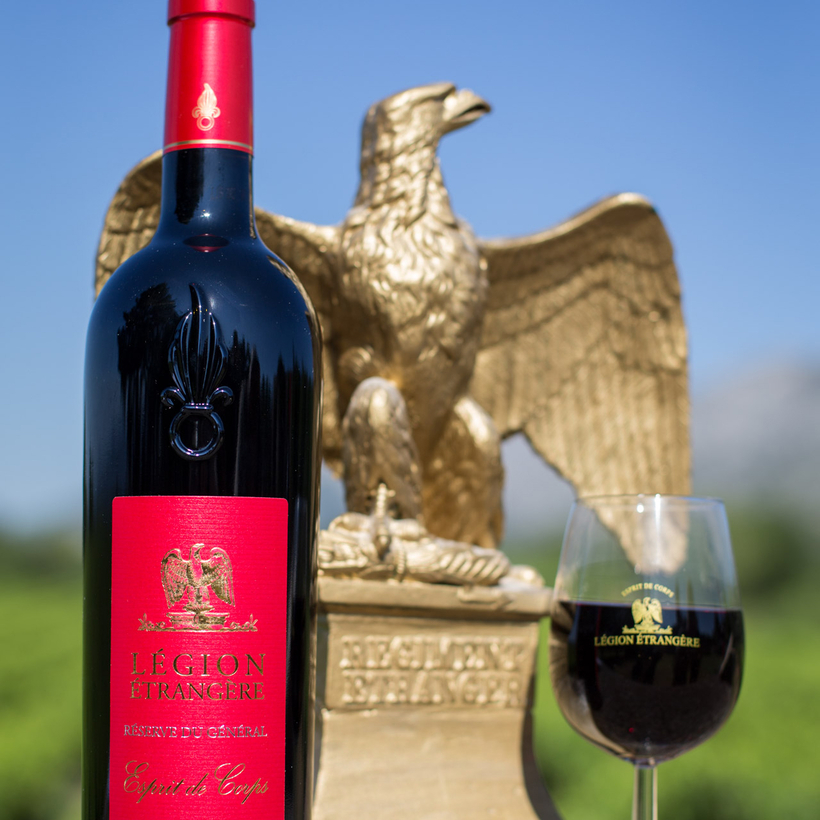Deep in the Provençal countryside, veterans of the Foreign Legion are spending their twilight years making wine and olive oil.
They are France’s answer to the Chelsea pensioners — except that their retirements are spent on a 544-acre estate with a 17th-century chateau, vineyard and olive groves.

